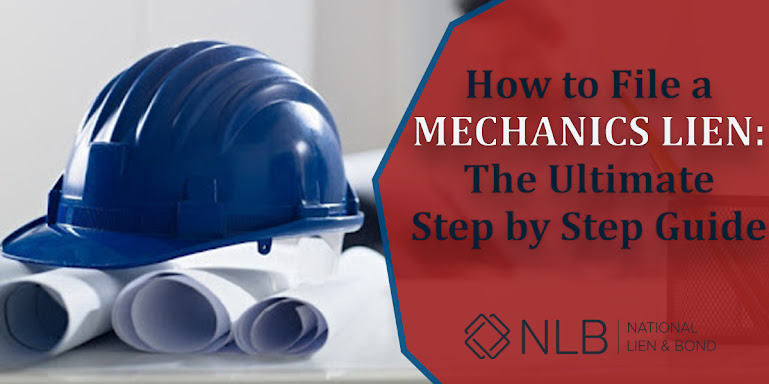How Liens Work? Can Liens Impact Your Property?
Lien in simple words could be
defined as a legal measure where a creditor holds the right to claim the rights
over a property if the loan remains unpaid after the stipulated time. The
property, therefore, acts as a security interest for the creditor. The lien
will therefore act as an ultimate security guarantee for the debt recovery if
the creditor is unable to secure payment from the borrower. It will also allow
the lender to seize the property or force the sale to secure the payments and
satisfy the debt.
Lien on a
house can be a factor to many problems while you try buying or selling the
property. Even if you are the homeowner you have to understand how a lien will
impact the proceedings of the property and what are the several ways to deal
with it or remove the lien altogether.
What is a lien and how does it work?
Lien is a legal right granted to
the creditor or lender which helps to secure their financial interests. The lender
has the right to put a lien on a property and this lien will automatically be
lifted once the debt is paid. But in a condition when the homeowner Is unable
to pay the debt, the creditor will have the right to recover the debt with the
sale or seizure of the property. This means that the homeowner does not have
the full stake on the property until the lien laws remain active and instead
the lender shares the stake in the property.
A construction lawyer
explains how there happen to be several title search companies who actively
help people who are closing down on a property and uncover issues such as a lien
on that property which could affect the rights of the buyer to sell the
property. If in any situation the title company unfolds the lien clause on a
property then the buyer and the seller will have to figure out how the lien
issue will be resolved before the sale of the property happens.
Also Read: What
Does A Construction Lawyer Do And When Do I Need One?
Types of liens: voluntary and involuntary
Lien is of different kinds which
are slightly different with their terms and clauses and put a different type of
restrictions on the borrower and different power for the lender altogether. The lien could be split into two broad
categories- one is voluntary and the other is an involuntary lien. There is
often a lien that you opt for as an agreement between you and the bank from
where you have borrowed to purchase a property. Also, a creditor could
voluntarily opt to put a lien on your property if you own him a balance and he
needs a sense of security let us further discuss a few common types of lien
·
Tax lien
A tax lien is a condition when you fail to pay property tax or income tax and even after being notified in writing by the government agency you fail to pay the amount. This is when the government could take an action against you and put a lien on a house you own in the effort to recover the debt.
·
General judgment lien
This is a very basic type of lien where a creditor when unable to secure the payment takes the lender to the court and wins the case. So the judge might allow him to secure the payment through the forced sale of the property.
·
Mechanic lien
This type
of lien is put by a contractor when he is unable to secure the payment for the
construction or renovation work he has done.
How to get rid of a lien
The most secure way is to repay the
balance as soon as possible and get rid of the lien on a house you own. If unable to repay the lien one can try
to formulate the terms of the lien through proper law procedure.
Want To Consult The Best Mechanics
Lien Lawyer? NLB is here to help you. We have an extensive team of more than
150 law firms to take care of your business requirements in U.S., Canada and
Latin America. To get more info, visit us online at www.mechanicslien.com



Comments
Post a Comment